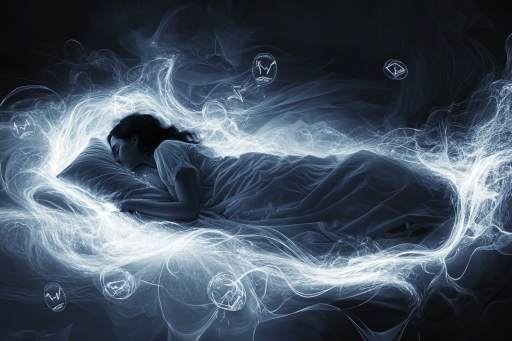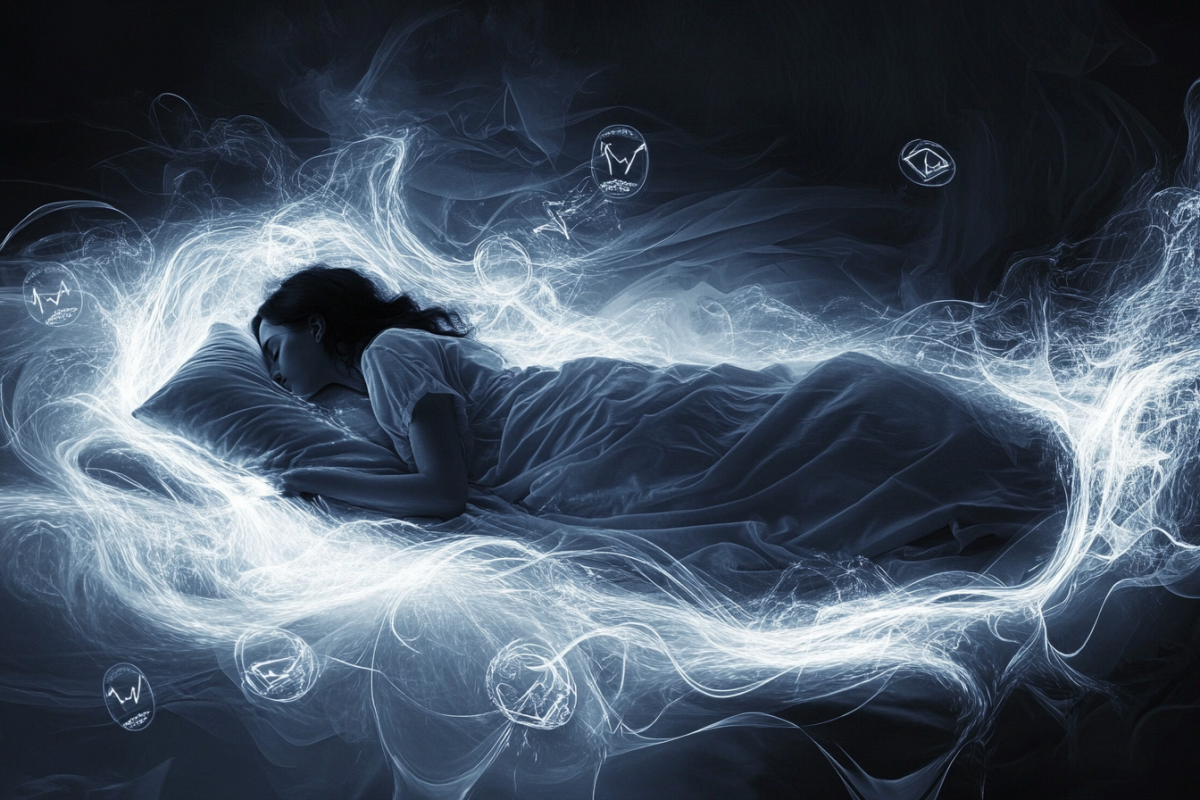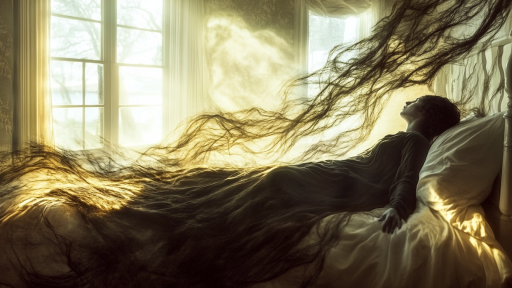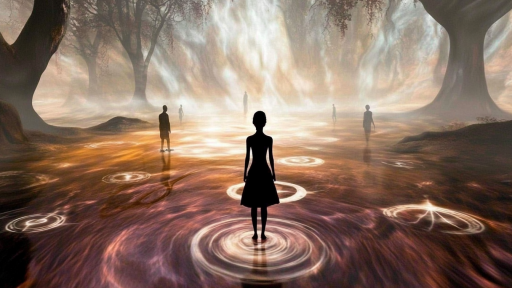
Sleep is supposed to restore your body and mind, but when something is off, the effects can be surprisingly strange. From unexplained cravings to sudden mood swings, poor sleep can wreak havoc on your health in ways you might not even realize. Your body sends out warning signs when your sleep quality is suffering, and ignoring them can lead to serious consequences. If you’ve been experiencing any of these unusual symptoms, your sleep may be quietly working against you.
You Crave Junk Food All the Time

When sleep is disrupted, your body produces more ghrelin—the hormone that increases hunger—while decreasing leptin, which tells you when you’re full. This imbalance leads to intense cravings for sugary, salty, and high-fat foods. If you constantly find yourself reaching for unhealthy snacks, poor sleep could be the culprit.
You Wake Up with a Sore Jaw or Headache

Grinding your teeth or clenching your jaw at night can lead to persistent headaches and facial pain. Known as bruxism, this condition is often linked to stress and sleep disorders like sleep apnea. If left untreated, it can cause long-term damage to your teeth and jaw.
Your Skin Looks Dull and Aged

Sleep is essential for skin repair, and a lack of quality rest can lead to premature aging. Increased stress hormones from sleep deprivation break down collagen, causing wrinkles, dullness, and under-eye circles. If your skin seems lifeless despite a good skincare routine, your sleep might be to blame.
Your Heart Races Unexpectedly

Irregular heartbeats and palpitations can be linked to sleep deprivation and poor sleep quality. When you don’t rest properly, your body remains in a heightened state of stress, increasing cortisol and putting strain on your cardiovascular system. If your heart races for no reason, it could be a warning sign of sleep disruption.
You Feel Hungover Without Drinking

Sleep deprivation can cause symptoms similar to a hangover, including dizziness, nausea, and brain fog. Without adequate rest, your body struggles to regulate hydration and detoxify itself properly. If you wake up feeling awful despite avoiding alcohol, your sleep cycle might be the issue.
You Have Sudden Mood Swings

A lack of sleep impacts the part of your brain that regulates emotions, making small annoyances feel overwhelming. Studies have linked sleep deprivation to increased irritability, anxiety, and even depression. If your moods have been unpredictable, it could be a direct result of poor rest.
Your Reflexes and Coordination Are Off

Sleep loss slows down reaction times and affects coordination, making daily activities feel clumsier than usual. In extreme cases, sleep deprivation can impair motor function as much as alcohol intoxication. If you’ve been dropping things, tripping, or feeling unsteady, your brain may not be getting enough rest.
Your Memory Feels Like a Blur

Sleep is crucial for memory consolidation, and without it, your brain struggles to store and recall information. Forgetting names, losing track of tasks, or struggling with simple facts could all be signs of sleep-related cognitive decline. The less you sleep, the harder it is to think clearly.
You Keep Getting Sick

A weakened immune system is one of the biggest consequences of poor sleep. During deep sleep, your body produces infection-fighting antibodies and cytokines, and without enough rest, your ability to fight off viruses drops. If you’re catching colds more often than usual, your sleep might be compromising your immune defenses.
You Constantly Wake Up Feeling Exhausted

Even if you spend enough hours in bed, poor-quality sleep can leave you feeling drained when you wake up. Frequent awakenings, disrupted sleep cycles, or undiagnosed conditions like sleep apnea can prevent your body from reaching deep, restorative sleep. If you feel like you never get restful sleep, it’s time to investigate why.
You Experience Muscle Twitching or Leg Cramps

Restless legs syndrome (RLS) and nocturnal leg cramps can disrupt sleep, causing involuntary muscle spasms or uncomfortable sensations. These conditions are often linked to poor circulation, dehydration, or deficiencies in magnesium and iron. If your legs feel restless or cramped at night, your body may be trying to tell you something.
Your Blood Pressure Is Higher Than Normal

Chronic sleep deprivation can raise blood pressure, increasing the risk of heart disease and stroke. Poor sleep affects how your body regulates stress hormones, leading to long-term cardiovascular strain. If your blood pressure has been creeping up despite a healthy lifestyle, your sleep may be playing a role.
You Struggle to Make Simple Decisions

Poor sleep weakens the brain’s ability to process information, making even small choices feel overwhelming. Studies show that people with sleep deprivation are more impulsive, struggle with problem-solving, and take longer to make decisions. If daily decision-making feels unusually difficult, your sleep quality may be affecting your cognitive function.
Your Dreams Are More Intense and Vivid

A lack of sleep can cause your brain to overcompensate by spending more time in REM sleep, the stage where dreams are most vivid. This can lead to unusually detailed, emotional, or even disturbing dreams. If your dreams have become increasingly strange or intense, it could be a sign your sleep cycles are out of balance.
The Silent Influence of Sleep

Your sleep patterns affect nearly every aspect of your health, often in ways you may not immediately notice. From how you feel emotionally to how your body functions physically, disrupted sleep leaves its mark. The next time something feels off, ask yourself—could it be your sleep sending a warning sign?





